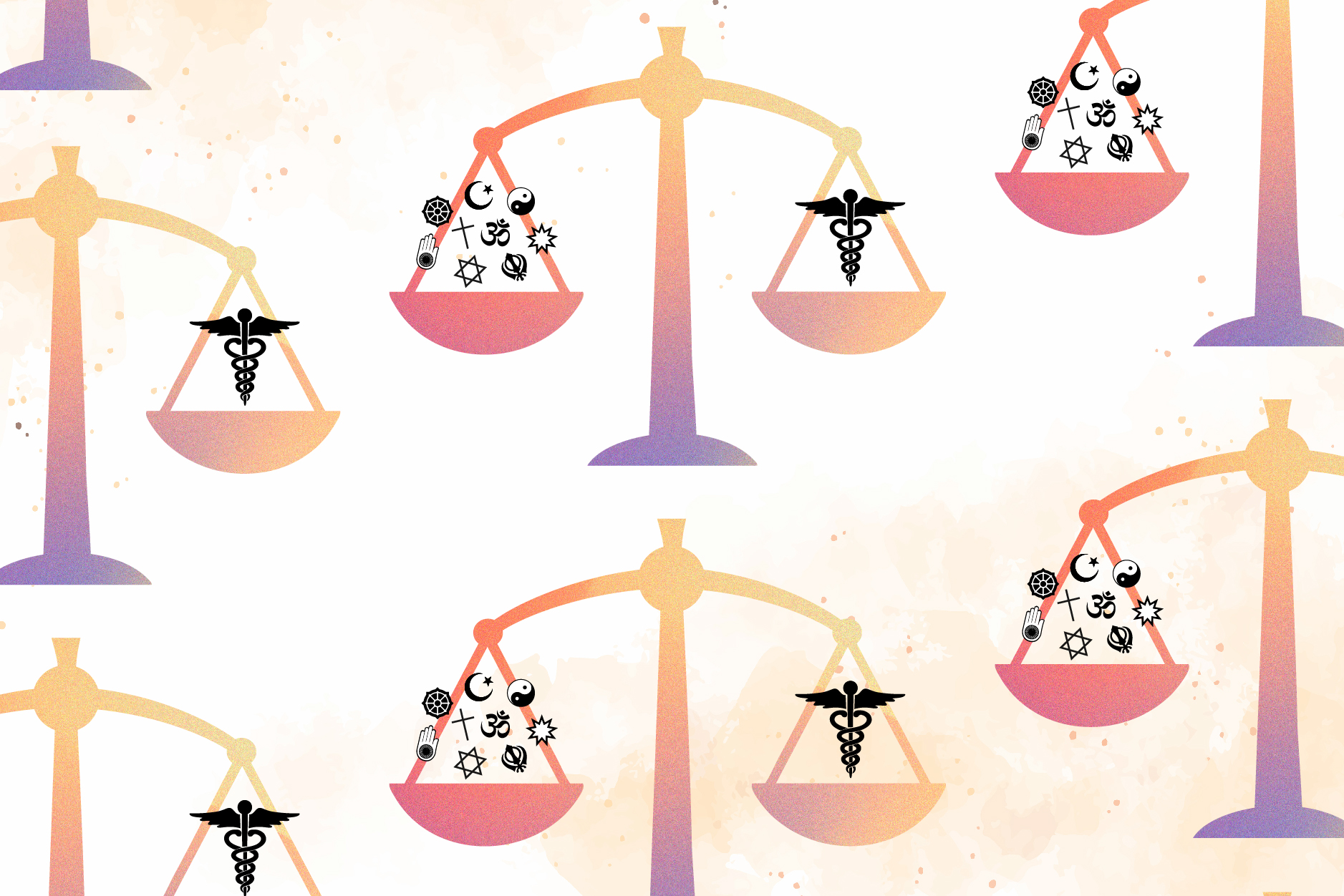Personal Preference

Definition
Personal preference: a concern based on personal, spiritual, moral, and/or cultural preferences.
- Personal preference concerns are not protected by the law, nor do they directly involve life-and-death matters.
- Laws/regulations often stipulate that conscience objections are “deeply held” beliefs, signaling that a threshold of severity must be met for a concern to rise to the level of conscience.
Example
- You believe that giving patients plastic straws is wrong because you are an environmentalist.
- What should you do?

Apply the I CARE Model
Click on each letter to learn more:
I – INTROSPECTION
C – recognize the CAUSE of your objection.
C – recognize the CAUSE of your objection.
In this case, the level of introspection required to determine how to proceed is minimal.
Ask yourself:
- Is the patient’s request for straws harmful to themselves or others?
- In this case, how harmful are the straws to the patient and/or the environment?
- How do I feel about accommodating this request?
Personal preferences do not carry heavy moral weight.
A – determine the appropriate ACTIONS
Accommodate: If a health care provider’s objection to a patient’s and/or family’s wishes are based solely on personal preference, a good faith effort should be made to accommodate the patient’s request.
Compromise: In most instances of personal preference, a compromise can be reached that accommodates the patient’s/family’s request without violating the health care provider’s obligations to the patient.
R- RESPOND to the patient respectfully
Respond: In most cases of personal preference it is not necessary or appropriate to discuss the cause of your objection with the patient. It is important to meet the patient’s needs. In this case, you may choose to consider if it it would be useful to tell someone at the facility about your environmental concerns.
E – ENSURE your patient receives the care they need
There are lots of aspects of medical care that challenge us to stretch outside our comfort zone, and to do things that we would prefer not to have to do. In this instance, if plastic straws are what’s available, this is a small accommodation to make to ensure the patient gets what they need.
